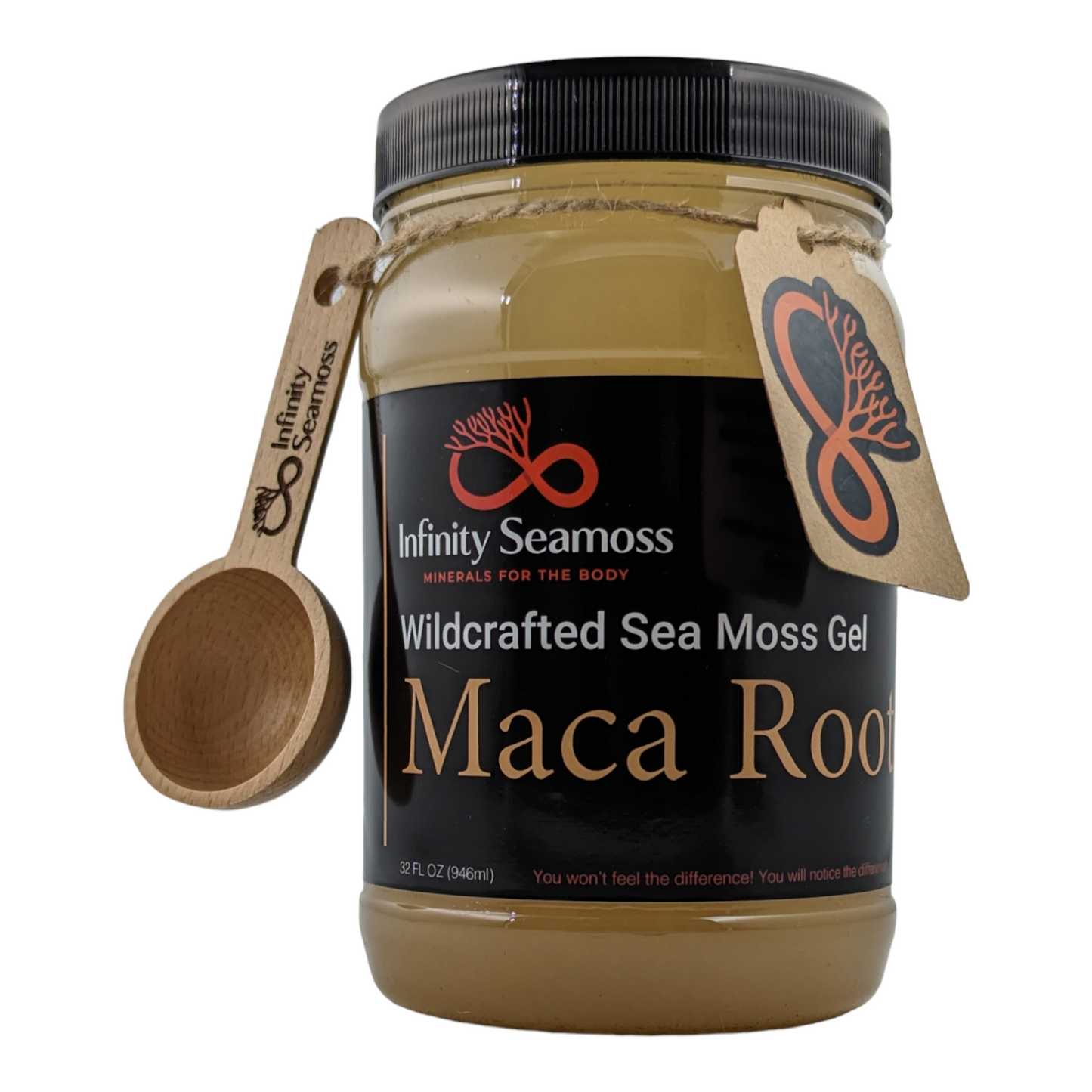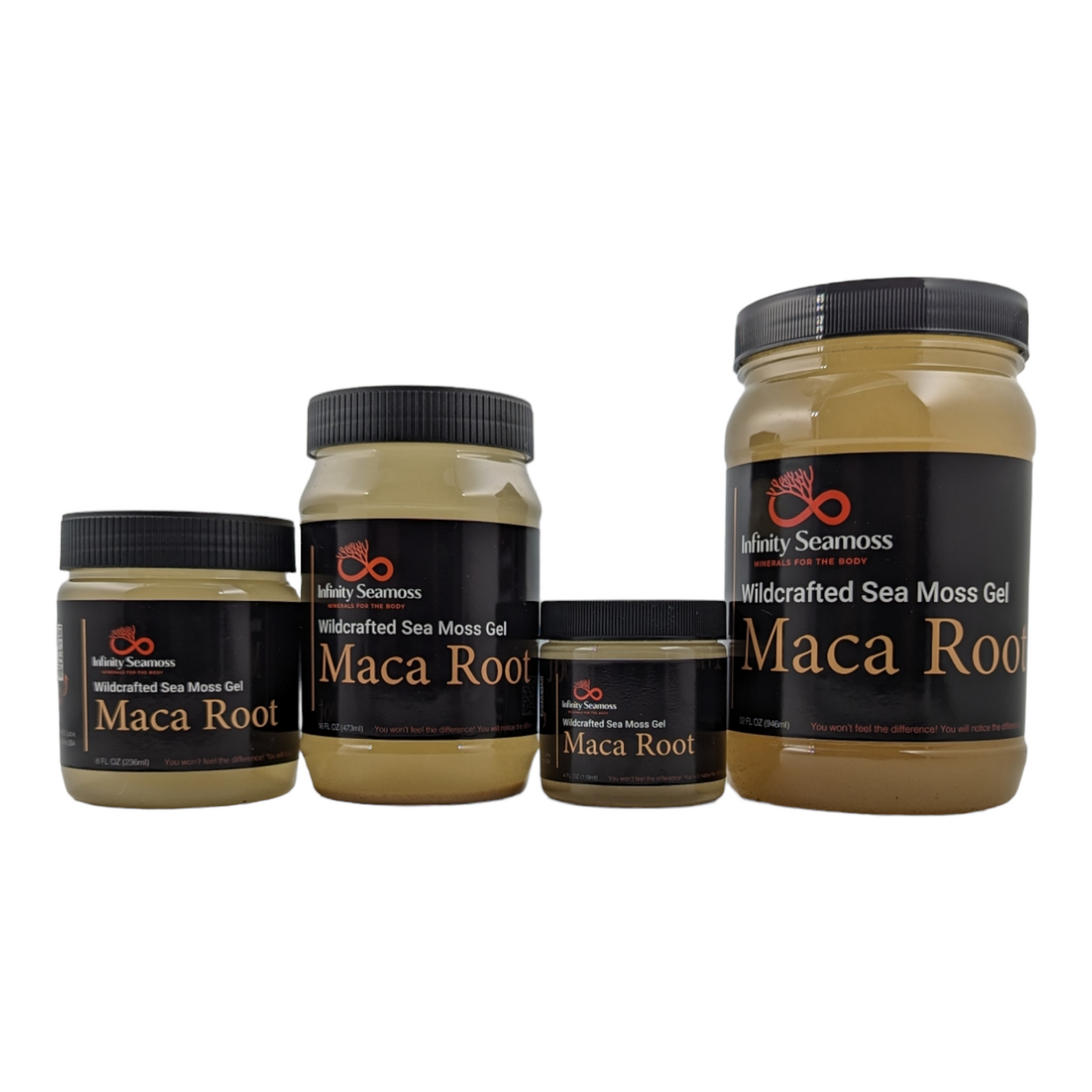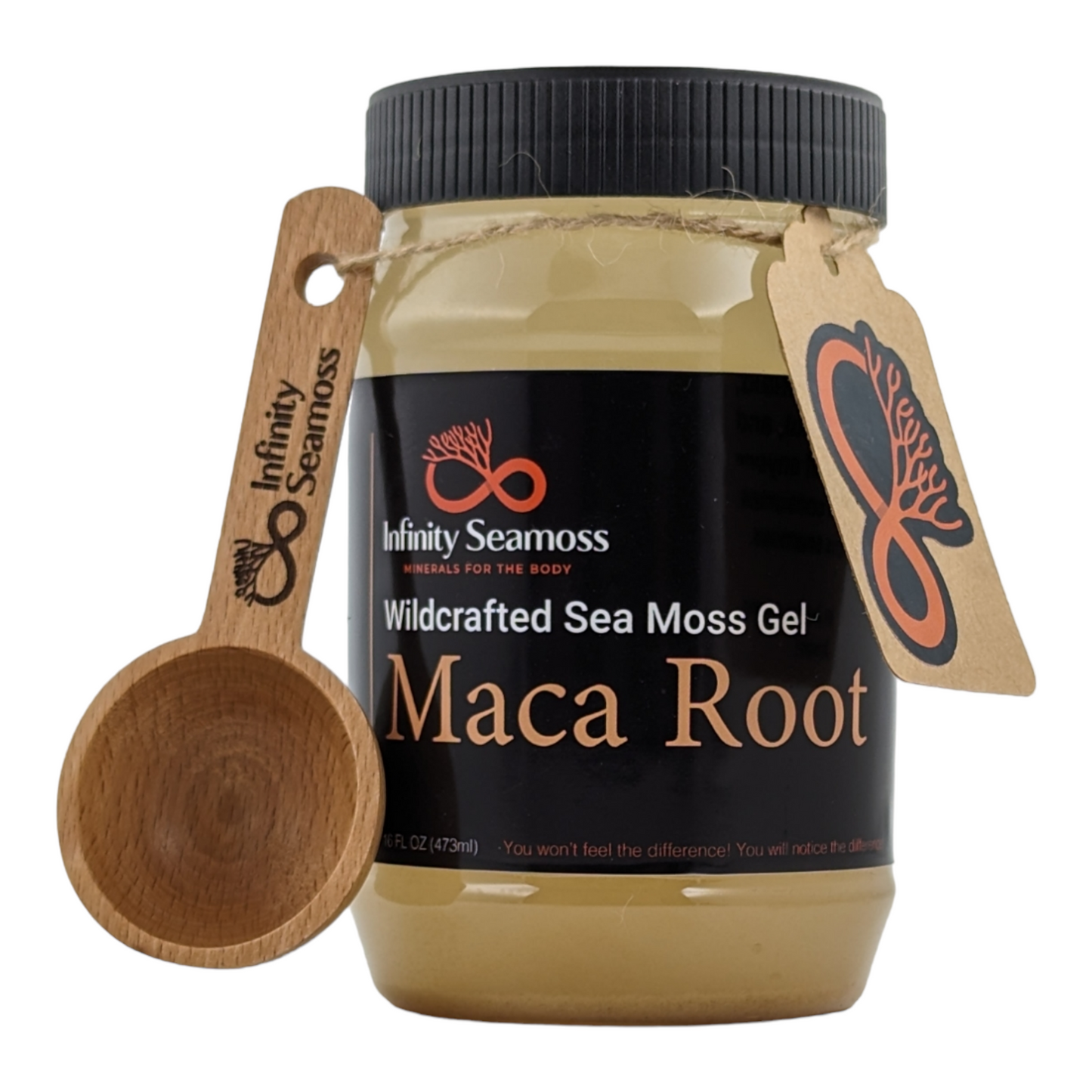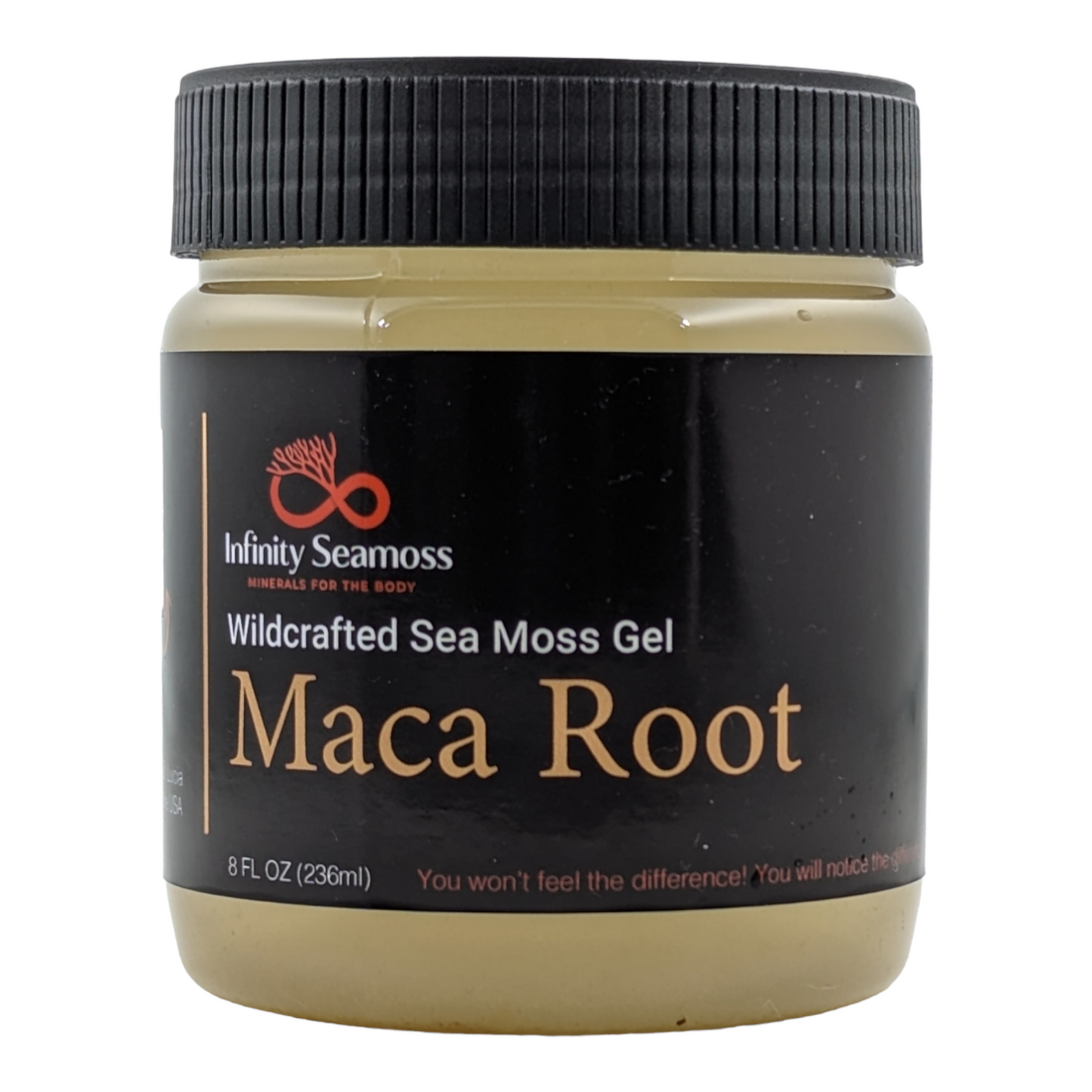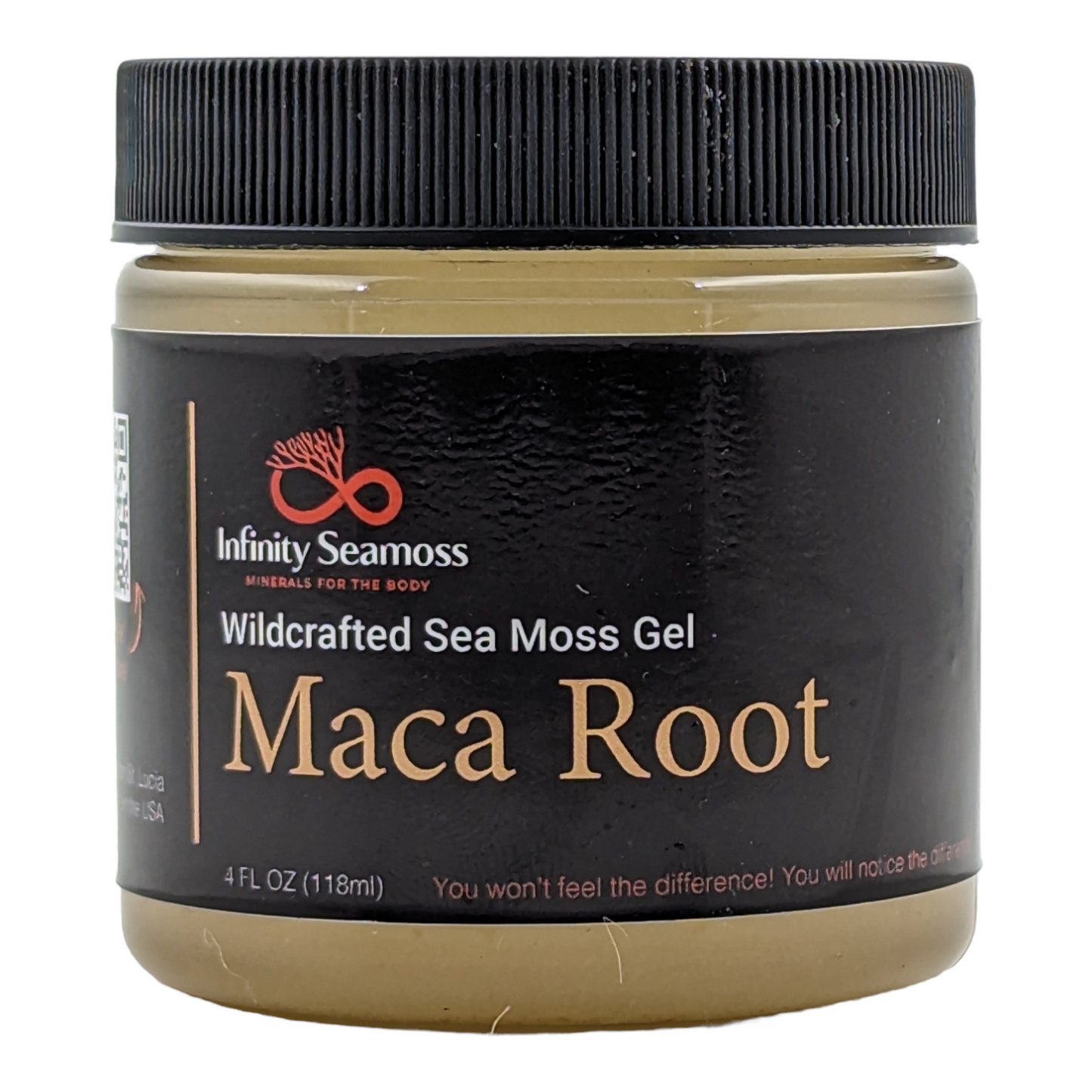Maca is a cruciferous vegetable that is native to the Andes Mountains in Peru. Maca root is a common ingredient in Peruvian dishes, providing an earthy flavour. The people of the Andes have grown maca for thousands of years for its unique flavour and as a traditional medicine.
Maca is rich in fiber, a large number of essential amino acids, fatty acids and other nutrients including vitamin C, copper, Iron and calcium. Maca root also contains bioactive compounds that are primarily responsible for the positive health effects maca has on humans.
Maca comes in three main colors/ varieties, yellow, red and black, each with their own unique healing properties. Aiding in common ailments such as decreased fertility, mood, energy, blood sugar regulation, cognitive function and menopause.
Fertility, Sex Drive and Erectile Dysfunction
Fertility, sex drive and erectile dysfunction, maca root’s healing properties tackle all three. Maca root is most commonly used to increase fertility, sexual drive and function, as this was mainly how it was used traditionally as medicine among The Andes people.
Studies have shown that maca root may improve the quality and quantity of semen in men, who are both fertile and infertile.
Maca Root has widely been used to increase libido, studies have shown positive results in both female libbido and male sex drive. One study showed that maca root may prove useful in repairing women’s libido who are post-menopausal and taking antidepressants.
Maca root may also benefit men with Erectile Dysfunction (ED). A recent three month study showed a significant difference in the group taking a maca root supplement and their perception of their sex drive and overall well-being.
Mood, Energy and Stamina
Studies have found the flavonoid compounds within Maca have the ability to elevate mood and reduce anxiety. In a study involving postmenopoauusal women found that maca may help decrease feelings of depression and anxiety.
Maca root has quickly become popular as a supplement to increase energy and performance among health conscious people. While studies are limited there is some evidence to suggest maca and its nutrient density may provide an energy boost and increased oxygen consumption.
Cognitive Function
Recent studies show that maca root may improve memory and learning ability, as it showed maca was able to improve the memory of mice.
While the neuroprotective activities within our bodies is often attributed to high antioxidant levels, new science shows that antioxidants may not play the only role in preventing or reversing neuronal dysfunction and cognitive deficits.
Macamides found in Maca are believed to be the key active compounds responsible for the neuroprotective effect through inhibition of FAAH.
FAHH allows the anandamide endocannabinoid degradation that is involved in cell proliferation of neural progenitor cells, involving CB1 and CB2 receptors in this process.
Researchers believe that this may be helpful in treating conditions affecting cognitive function such as alzhiemers or Parkinson's disease.
Maca has a wide variety of potential health benefits, especially concerning sexual and reproductive health. As more research emerges, the popularity of this Latin American superfood is sure to grow.
References:
Medicinal effects of Peruvian maca (Lepidium meyenii): a review
Maca (L. meyenii) for improving sexual function: a systematic review
The use of maca (Lepidium meyenii) to improve semen quality: A systematic review
A Double-Blind Placebo-Controlled Trial of Maca Root as Treatment for Antidepressant-Induced Sexual Dysfunction in Women
Subjective effects of Lepidium meyenii (Maca) extract on well-being and sexual performances in patients with mild erectile dysfunction: a randomised, double-blind clinical trial
Maca reduces blood pressure and depression, in a pilot study in postmenopausal women



